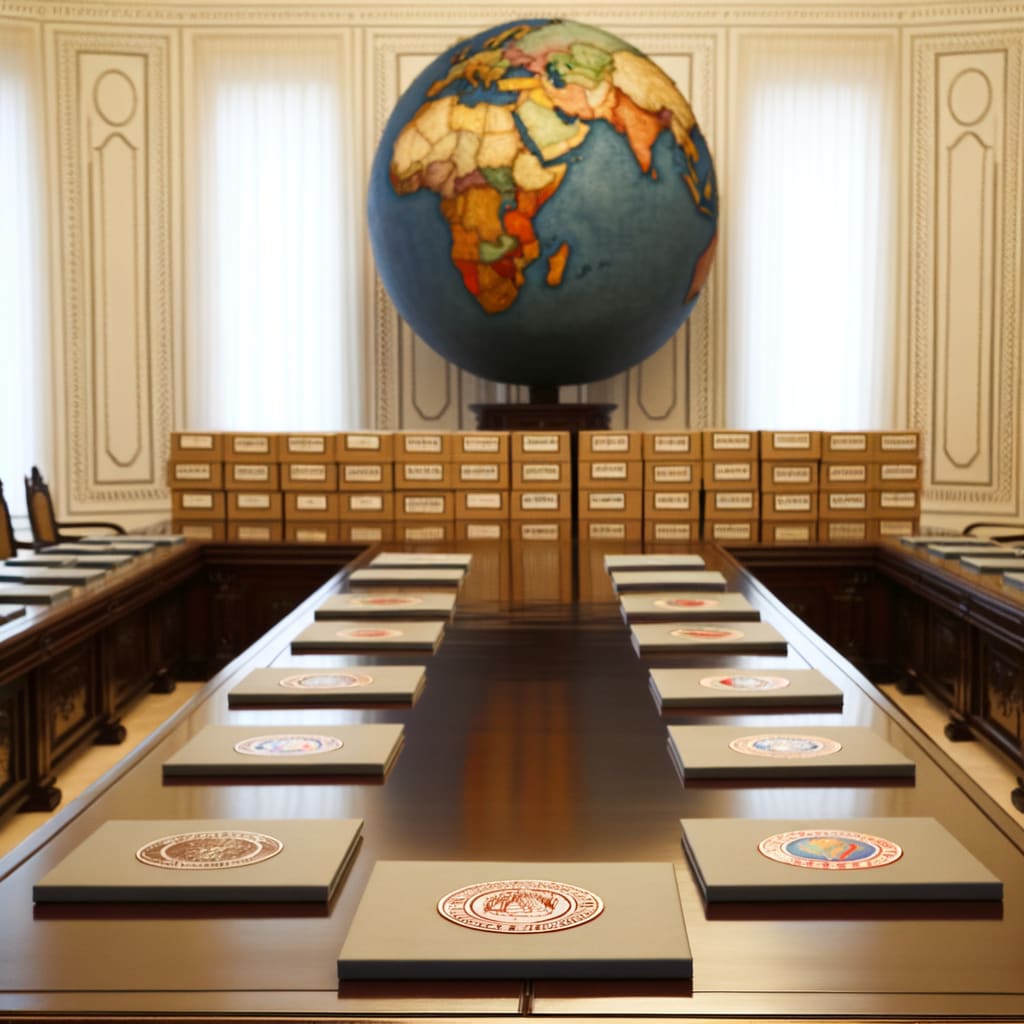ICJ Rules Israel Must Facilitate Aid to Gaza and Work with UNRWA
In a significant ruling, the International Court of Justice (ICJ) has advised that Israel is obligated to ensure and facilitate humanitarian relief to Gaza, in addition to cooperating with the UN Agency for Palestinian Refugees (UNRWA). The ruling has sparked divergent reactions among international stakeholders and raises questions about the future of aid efforts in the region.
Background and Context
The ICJ's advisory opinion comes in response to Israel's ban on the UN's main humanitarian provider to Palestinians, UNRWA, and its restrictions on aid to Gaza over the past two years. Israel's parliament passed laws banning any activity by the UN agency for Palestinian refugees last year, contending that the agency was infiltrated by Hamas. However, the ICJ dismissed these claims, stating there was insufficient evidence to substantiate them.
Key Developments
The ICJ ruling determined that Israel's actions were inconsistent with international law. The court emphasized that Israel, as an occupying power, has a duty to ensure the basic needs of the local population, including vital supplies. The decision marks the third time in two years that Israel has been the subject of a decision by the ICJ.
The court recalls Israel's obligation not to use starvation of the civilian population as a method of warfare,
said ICJ President Yuji Iwasawa. The court also warned Israel that it must do more to supply Palestinians in Gaza with food and other survival essentials.
Implications and Reactions
While the ICJ's opinions are not legally binding, they carry symbolic weight and can influence international relations. Following the ruling, Norway has announced plans for a UN General Assembly resolution demanding that Israel lift restrictions on aid to Palestinians in Gaza.
Despite the ruling, Israel has 'categorically rejected' the notion that it is obligated to work with UNRWA. Moreover, according to the Middle East Eye, less than one sixth of the agreed aid is currently entering Gaza per day.
The Palestinian ambassador to The Hague, Ammar Hijazi, stated that Palestine will continue to seek justice at international courts despite pressure or threats. So long as this occupation exists on our land, the Palestinian leadership and government will not take one step back from fighting for Palestinian rights at the international level,
Hijazi said.
Current Status
Despite the ICJ's ruling, there are concerns about the implementation of the verdict. According to Middle East Eye, Israel continues to limit aid into Gaza despite a ceasefire agreement. The future of aid efforts in Gaza remains uncertain, and it is expected that international pressure on Israel to comply with the ICJ's ruling will continue.

